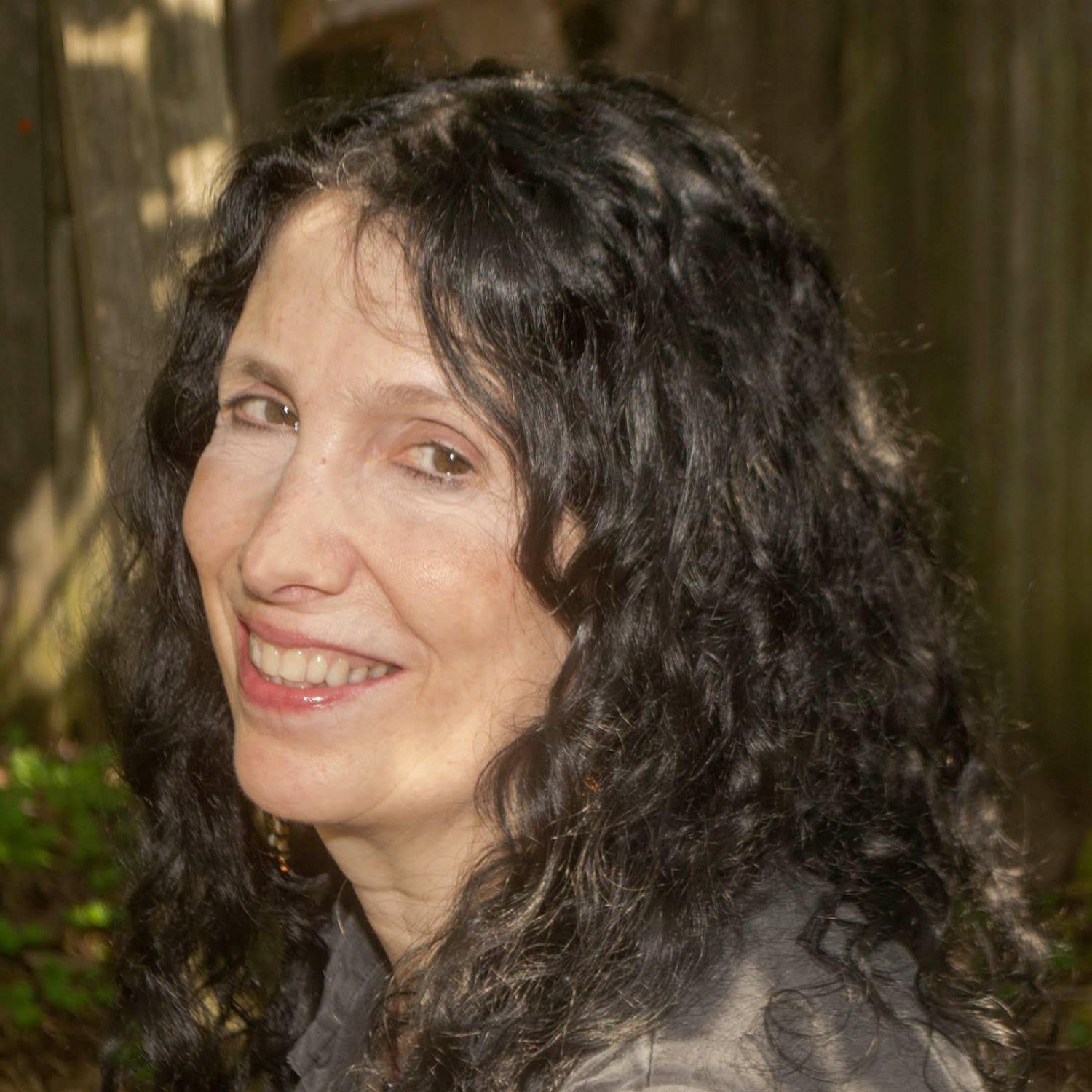The author on how to make sense of loss.
Caroline Leavitt has always occupied a special place in my heart. This incredible author has written 11 books and happens to live in the same town where I got my feet wet being a new mom, Hoboken, New Jersey, a fabulous city outside New York City. I asked Caroline to participate in my Q & A series on grief and resilience because she understands rebounding from adversity from two distinct vantage points — the death of her fiancé and the slow loss of her mother to dementia.
Caroline’s newest book, Cruel Beautiful World, has been praised by NPR Weekend Edition, New York Newsday, Marie Claire, and more. It’s also been named an Indie Next Pick.
Now, let’s dig in. Nostalgia, the sentimental longing for the past, boosts resilience and makes us happier. This essential realization (that finding ways to stay connected to friends and family makes us stronger) is at the heart of my book, Passed and Present, Keeping Memories of Loved Ones Alive. So, it wasn’t surprising to me that an inexpensive figurine Caroline’s fiancé gave her as a present (a Bullwinkle Moose!) doesn’t bring her down; It lifts Caroline up.
Allison: The loss of a loved one can sometimes feel isolating. Have you had to address this experience, and what lessons did you learn as a result?
Caroline: Oh yes. I lost my fiancé, two days before our wedding. He was a runner, healthy, and he had a glitch in his heart no one knew about. I felt as if a layer had been ripped from life. I tried everything, grief groups (horrible for me, I ended up running out), grief therapists (one was totally unhelpful and told me I was “too much work,” but the one I finally found was wonderful), psychics, mediums, everything.
I traveled around and like my novel Cruel Beautiful World, got into a controlling relationship just to stop the grieving. I finally got out and I learned that there is no way to escape grief. You have to ride it out and you have to know that it will always be there in some fashion, and you WANT it to be there because it means you still have a relationship with the person.
There is no one right way to grieve. I feel that anything that makes you feel better helps. And I learned that sometimes all you can do is tell yourself, I will get through the next five minutes, and then when you do, you try the next five.
Allison: Being proactive about remembering loved ones makes you happier. Have you found this to be the case?
Caroline: Absolutely. A relationship doesn’t end when someone dies. Neither does love. It’s just different.
Right now, I’m grappling with my mother’s dementia. Who she was is lost to me, so I am learning to deal with who she is. I don’t correct her when she tells me she saw her boyfriend, who died two years ago. If she tells me she went shopping and bought jumpers, I ask her what color. So much of Iris in Cruel Beautiful World was my homage to my mother, keeping her alive the way she was, rather than the way she is now. I know she will never be able to read the book (she can’t read anything anymore), but it still makes me feel that we have a bond and that I was able to do this for her.
Allison: What one memento reminds you most of your fiancé?
Caroline: It’s a bendy Bullwinkle Moose he gave me as a surprise. It always makes me smile. Always. And that’s a good thing.
Allison: Where do you keep it?
Caroline: I keep it on my bookshelf.
Allison: Loss is a great teacher. In what way have you derived greater joy and meaning from life following loss? (Do you live more in the moment? Are you more compassionate? Do you focus more on what’s really important and less on what’s not? Has it fueled creativity or driven you to a new purpose?)
Caroline: What a great question. I’ve come to believe that experiencing great loss makes you more compassionate, if you let it. It opens you up, like it is cracking the whole world open. And your joys become greater because of the pain you’ve endured. It definitely propels me to new sense of purpose and to enjoy every second.
Part of why I wrote Charlotte in Cruel Beautiful World was because she was the way I used to be, worrying about the future, trying to fix everything. Sometimes you can’t. Sometimes you just have to let life wash over you, and that’s what I try to do.
I also lost a child when I was 3 ½ months pregnant and that was devastating until I got pregnant again and had a baby, and a friend of mine said, “I know you will always consider that baby you lost as your first child.” I found that so sympathetic and wonderful. My husband and I talk about that lost child even today, and it’s comforting.
Originally published at allisongilbert.com on January 19, 2017.
Originally published at medium.com


